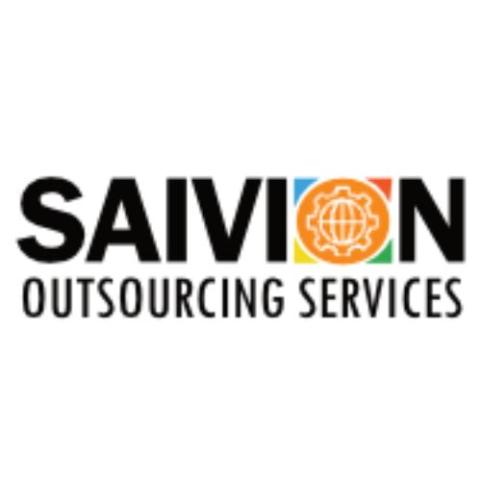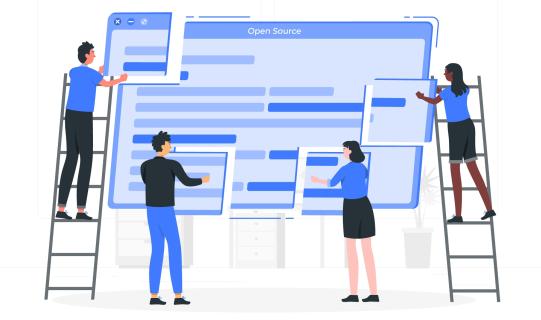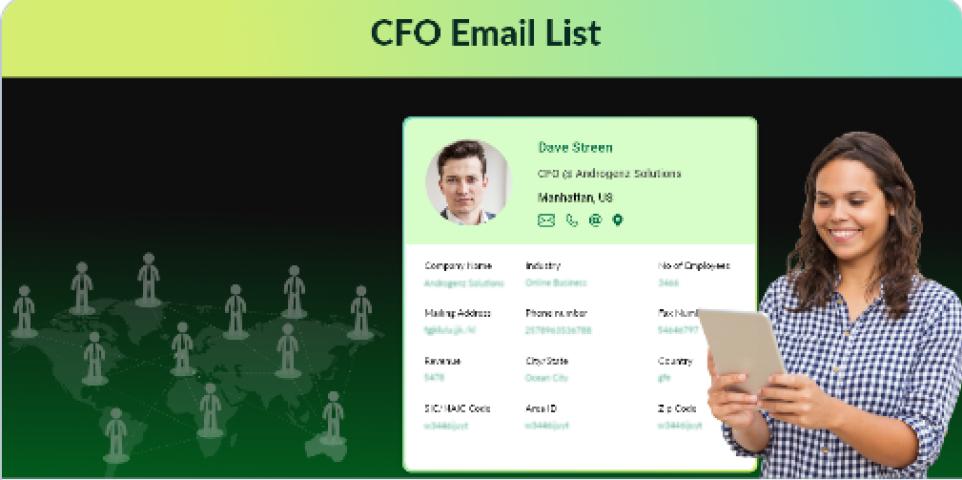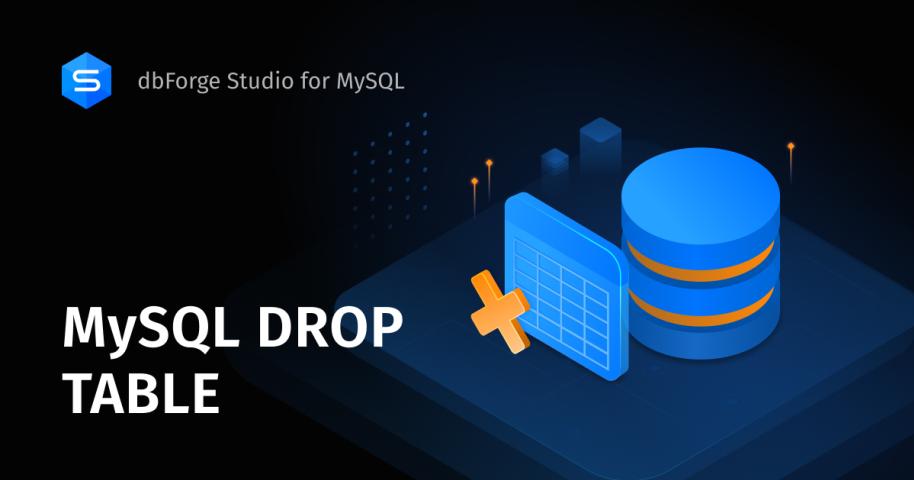WordPress website development services involve creating, customizing, and managing websites using the WordPress content management system (CMS). WordPress is renowned for its flexibility, ease of use, and extensive range of themes and plugins, making it a popular choice for building a variety of websites.
Importance of WordPress for Website Development
WordPress powers over 40% of all websites on the internet, highlighting its significance in the web development industry. Its open-source nature, combined with a large community of developers and users, ensures continuous improvements, updates, and support, making it an ideal platform for custom website design.
Brief History of WordPress
WordPress was launched in 2003 by Matt Mullenweg and Mike Little as a fork of the b2/cafelog blogging software. Since then, it has evolved from a simple blogging platform into a full-fledged CMS, capable of powering complex websites and applications.
Types and Categories
Personal Blogs
WordPress started as a blogging platform, and it remains a popular choice for personal bloggers due to its user-friendly interface and extensive customization options.
Business Websites
Many businesses use WordPress to create professional websites that showcase their products and services. Its versatility allows for the integration of various functionalities, such as contact forms, booking systems, and customer relationship management (CRM) tools.
eCommerce Stores
WordPress, coupled with plugins like WooCommerce, enables the creation of robust eCommerce stores. These stores can handle product listings, inventory management, payment processing, and shipping options, making them ideal for online retailers.
Portfolios
Artists, designers, and photographers often use WordPress to build portfolios that display their work. With numerous themes tailored for visual content, WordPress makes it easy to create a visually appealing and professional portfolio.
Forums and Communities
Plugins like bbPress and BuddyPress allow developers to create forums and community websites using WordPress. These platforms facilitate user interaction, content sharing, and community building.
Educational Websites
WordPress is a popular choice for educational institutions and online course providers. Plugins like LearnDash and LifterLMS transform WordPress into a learning management system (LMS), enabling the creation of online courses, quizzes, and student management systems.
Non-Profit and Charity Websites
Non-profit organizations use WordPress to create websites that promote their causes, collect donations, and engage with supporters. Themes and plugins designed for fundraising and volunteer management make it easier for these organizations to achieve their goals.
Multilingual Websites
WordPress supports multilingual websites through plugins like WPML and Polylang, allowing businesses and individuals to reach a global audience by offering content in multiple languages.
Key Principles
User Experience (UX)
User experience is crucial for the success of any website. WordPress developers focus on creating intuitive, user-friendly interfaces that ensure visitors can easily navigate and interact with the site.
Responsive Design
With the increasing use of mobile devices, responsive design is essential. WordPress themes and plugins are designed to be mobile-friendly, ensuring that websites look and function well on all screen sizes.
Security Best Practices
Security is a top priority in WordPress development. Developers implement best practices such as regular updates, secure coding, and the use of security plugins to protect websites from threats.
SEO Optimization
Search engine optimization (SEO) is vital for driving organic traffic to a website. WordPress offers numerous SEO plugins and tools that help optimize content, improve site structure, and enhance visibility on search engines.
Performance and Speed
Website performance affects user experience and SEO. WordPress developers use techniques like caching, image optimization, and content delivery networks (CDNs) to improve site speed and performance.
Accessibility
Ensuring that websites are accessible to all users, including those with disabilities, is an important aspect of WordPress development. Developers follow accessibility guidelines and use tools to create inclusive websites.
Methodologies and Tools
Content Management Systems (CMS)
WordPress is a leading CMS that simplifies content creation, management, and publishing. Its intuitive dashboard allows users to manage their websites without needing extensive technical knowledge.
Themes and Templates
WordPress offers thousands of themes and templates that provide a foundation for website design. These pre-designed layouts can be customized to match the brand and functionality requirements of the website.
Plugins and Extensions
Plugins extend the functionality of WordPress websites. There are plugins for almost every feature imaginable, from SEO and security to social media integration and eCommerce capabilities.
Page Builders
Page builders like Elementor, Divi, and Beaver Builder allow users to create custom layouts using drag-and-drop interfaces. These tools make it easier to design complex pages without coding.
Coding and Custom Development
For more advanced customizations, developers can use coding languages like HTML, CSS, JavaScript, and PHP. Custom development allows for unique functionalities and designs that are not achievable with standard themes and plugins.
Technical Specifications
Hosting Requirements
WordPress can be hosted on various types of servers, but it performs best on hosting services optimized for WordPress. These services offer features like one-click installations, automatic updates, and enhanced security.
Domain Name Registration
Choosing a domain name is an important step in establishing an online presence. Domain registration services allow users to secure a unique web address for their WordPress site.
SSL Certificates
SSL certificates encrypt data transmitted between the website and its users, enhancing security and building trust. WordPress supports SSL integration to ensure secure connections.
Database Management
WordPress relies on databases to store content, user information, and settings. Proper database management, including regular backups and optimizations, is crucial for maintaining site performance and security.
Backup Solutions
Regular backups protect against data loss due to hacking, server failures, or human error. WordPress offers various backup solutions, including plugins and hosting provider services.
CDN Integration
Content Delivery Networks (CDNs) improve site performance by distributing content across multiple servers worldwide. CDNs reduce load times and enhance user experience by serving content from the server closest to the user.
Development Process
Requirement Analysis
The development process begins with requirement analysis, where developers gather information about the client's needs, goals, and target audience. This step helps in planning the project effectively.
Design and Wireframing
Design and wireframing involve creating a visual representation of the website's structure and layout. Wireframes serve as a blueprint, guiding the design and development phases.
Development and Coding
During development and coding, developers build the website's functionality and design using coding languages and tools. This phase includes integrating themes, plugins, and custom features.
Testing and Quality Assurance
Testing and quality assurance ensure that the website functions correctly and is free of bugs. This phase involves checking for compatibility, performance, security, and user experience.
Deployment and Launch
Once the website is tested and approved, it is deployed to a live server. The launch phase includes final checks and optimizations to ensure a smooth transition from development to production.
Maintenance and Updates
Ongoing maintenance and updates are essential to keep the website secure and functional. This includes regular updates to WordPress core, themes, and plugins, as well as backups and performance optimizations.
Benefits
Cost-Effective Development
WordPress is a cost-effective solution for website development services. Its open-source nature means there are no licensing fees, and the availability of free themes and plugins further reduces costs.
Flexibility and Customization
WordPress offers unparalleled flexibility and customization options. Users can choose from thousands of themes and plugins or opt for custom development to meet their specific needs.
Community Support
The WordPress community is vast and active, providing support through forums, documentation, and tutorials. This community-driven approach ensures continuous improvements and a wealth of resources for developers and users.
Scalability
WordPress can scale from small personal blogs to large enterprise websites. Its modular architecture allows for easy addition of new features and functionalities as the website grows.
Integration Capabilities
WordPress integrates seamlessly with various third-party services and tools, such as email marketing platforms, CRM systems, payment gateways, and social media networks, enhancing the website's capabilities.
Challenges and Solutions
Security Vulnerabilities
As a popular platform, WordPress is a target for hackers. Regular updates, secure coding practices, and the use of security plugins can mitigate security risks.
Performance Issues
Large or poorly optimized websites can suffer from performance issues. Techniques like caching, image optimization, and CDN integration can improve site speed and performance.
Plugin Conflicts
Conflicts between plugins can cause functionality issues. Regularly updating plugins, choosing reputable ones, and testing changes in a staging environment can help prevent conflicts.
Regular Updates and Maintenance
Keeping WordPress, themes, and plugins updated is crucial for security and performance. Automated update services and regular maintenance schedules can ensure the website remains up-to-date.
Customization Limitations
While WordPress offers extensive customization options, there may be limitations for highly unique requirements. Custom development can address these limitations, providing tailored solutions.
Latest Innovations
Gutenberg Editor
The Gutenberg Editor, introduced in WordPress 5.0, revolutionized content creation with a block-based approach. It allows users to create complex layouts and designs using blocks, enhancing flexibility and creativity.
Full Site Editing (FSE)
Full Site Editing (FSE) is an emerging feature that enables users to edit the entire website, including headers, footers, and sidebars, using the block editor. FSE provides greater control over site design and layout.
Headless WordPress
Headless WordPress separates the backend from the frontend, allowing developers to use different technologies for each. This approach enhances performance and flexibility, enabling the creation of highly customized and interactive websites.
AI and Machine Learning Integrations
AI and machine learning integrations are becoming more prevalent in WordPress development. These technologies can enhance user experiences through personalized content, chatbots, and advanced data analysis.
Progressive Web Apps (PWAs)
Progressive Web Apps (PWAs) combine the best of web and mobile apps, offering offline capabilities, fast load times, and a native app-like experience. WordPress plugins and custom development can transform websites into PWAs.
Future Prospects
Continued Growth and Adoption
WordPress is expected to continue its growth and adoption, driven by its flexibility, ease of use, and active community. New features and improvements will further solidify its position as a leading CMS.
Emerging Technologies
Emerging technologies such as AI, machine learning, and blockchain will likely influence WordPress development. These technologies can enhance website functionality, security, and user experience.
Evolving Security Practices
As security threats evolve, so will security practices in WordPress development. Continued focus on secure coding, regular updates, and the use of advanced security tools will be essential.
Enhanced User Experiences
Future developments in WordPress will focus on enhancing user experiences through improved design tools, performance optimizations, and innovative features that cater to user needs.
Case Studies
Successful Personal Blog
A case study of a successful personal blog that leveraged WordPress to build a large following. The study can highlight the use of themes, plugins, and content strategies that contributed to its success.
Thriving eCommerce Store
An analysis of a thriving eCommerce store built with WordPress and WooCommerce. The case study can discuss the store's development process, key features, and marketing strategies that drove growth.
Impactful Non-Profit Website
A look at an impactful non-profit website that used WordPress to raise awareness and funds for its cause. The case study can explore the use of fundraising plugins, community engagement, and content strategies.
Innovative Business Website
An examination of an innovative business website that utilized custom development and integrations to meet unique business needs. The study can showcase the challenges faced and solutions implemented.
Expert Insights
Quotes from WordPress Developers
Quotes and insights from experienced WordPress developers can provide valuable perspectives on best practices, industry trends, and common challenges in WordPress development.
Industry Trends
An overview of current trends in the WordPress industry, including the adoption of new technologies, design trends, and evolving user expectations.
Best Practices
A collection of best practices for WordPress development, covering areas such as security, performance, SEO, and user experience.
User Guides or Tutorials
Setting Up a WordPress Website
A step-by-step guide to setting up a WordPress website, from choosing a domain and hosting to installing WordPress and configuring basic settings.
Choosing and Installing a Theme
A tutorial on how to choose and install a WordPress theme, including considerations for design, functionality, and customization options.
Essential Plugins to Install
A guide to essential plugins that enhance WordPress website functionality, covering areas like SEO, security, performance, and social media integration.
Customizing Your Website
Tips and tutorials on customizing a WordPress website, including theme customization, page builder usage, and custom coding for advanced features.
SEO Optimization Tips
A comprehensive guide to SEO optimization for WordPress websites, including keyword research, on-page SEO, technical SEO, and the use of SEO plugins.
Conclusion
Summary of Key Points
A recap of the key points discussed in the article, emphasises the importance of WordPress in custom website development services and its various applications.
Final Recommendations
Final recommendations for businesses and individuals considering WordPress for their website development needs, highlighting its benefits and potential challenges.
Call to Action for Further Learning
Encouragement for readers to continue learning about WordPress development through online courses, tutorials, and community engagement.
FAQs
What is WordPress Website Development?
WordPress website development involves creating websites using the WordPress CMS, leveraging its themes, plugins, and customization options to build functional and aesthetically pleasing sites.
Why is WordPress Popular for Website Development?
WordPress is popular due to its flexibility, ease of use, extensive customization options, and a large community that offers continuous support and improvements.
What Types of Websites Can Be Built with WordPress?
WordPress can be used to build various types of websites, including personal blogs, business websites, eCommerce stores, portfolios, forums, educational sites, non-profit sites, and multilingual websites.
How Much Does It Cost to Develop a WordPress Website?
The cost of developing a WordPress website varies based on factors such as theme and plugin choices, custom development needs, hosting, and domain registration. It can range from a few hundred to several thousand dollars.
What are the Best Practices for WordPress Security?
Best practices for WordPress security include regular updates, secure coding practices, using security plugins, implementing SSL, and regular backups.
How Can I Improve the Performance of My WordPress Site?
Improving WordPress site performance involves techniques such as caching, image optimization, CDN integration, minimizing plugins, and optimizing databases.
What are the Latest Trends in WordPress Development?
Latest trends in WordPress development include the Gutenberg Editor, Full Site Editing, headless WordPress, AI and machine learning integrations, and Progressive Web Apps.
How Do I Maintain and Update My WordPress Website?
Maintaining and updating a WordPress website involves regular updates to WordPress core, themes, and plugins, performing backups, monitoring security, and optimizing performance.
















